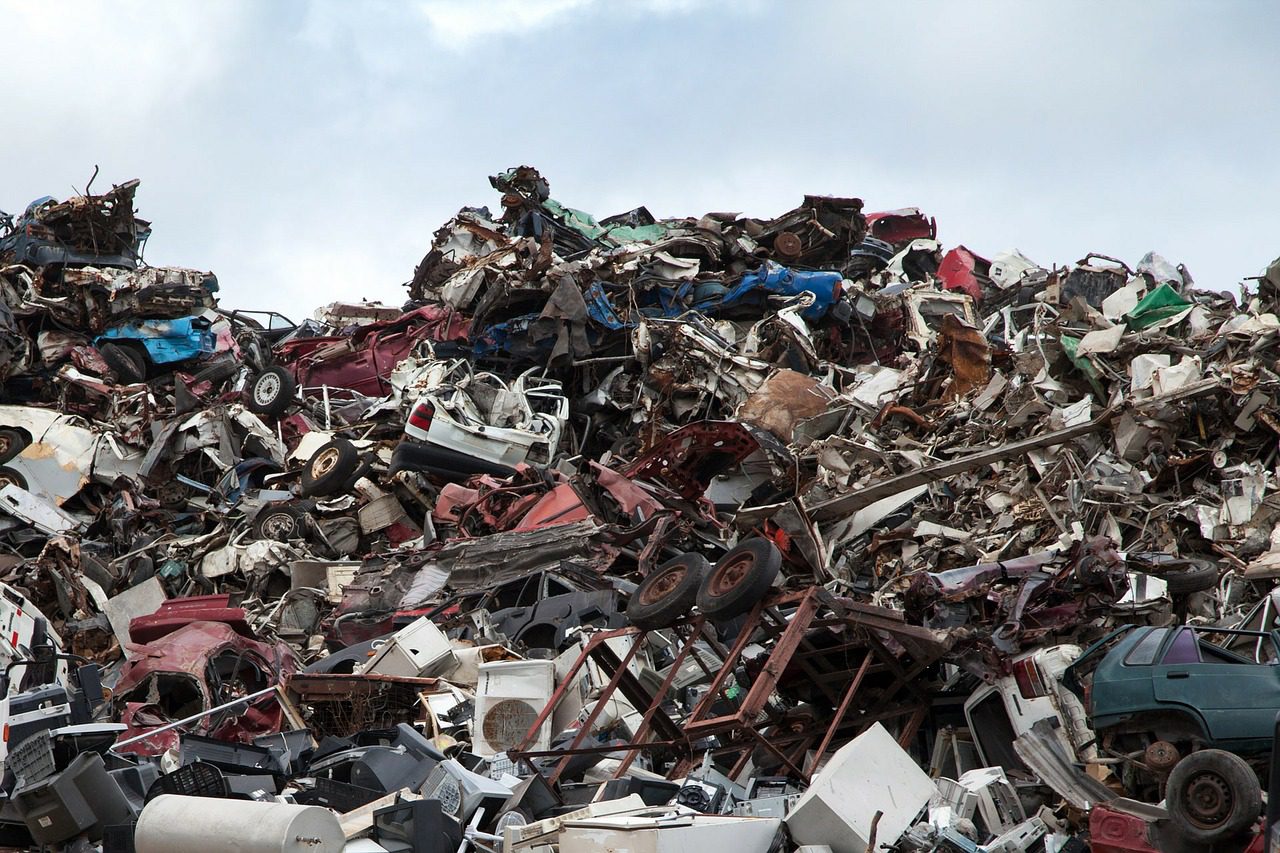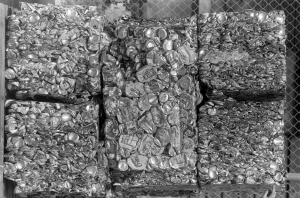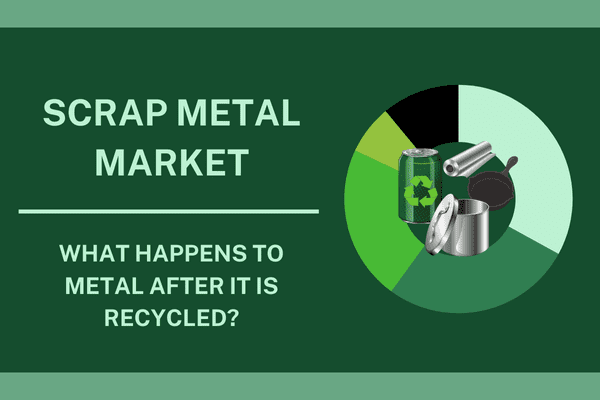
Going Green sounds like a slogan, but it’s really an action plan that allows both consumers and businesses to successfully contribute to a healthier environment – and save money. How does scrap metal recycling save money?
And while there are a variety of ways of going green, from conserving energy to reducing consumption of fossil fuels to preventing pollution, a green plan is one devoted to a healthier future for all of us.
While a green plan benefits the environment, Going Green can also save you money, whether you’re a local family or a business executive. In fact, Going Green saves energy and resources for everyone.
So are you ready to start saving money? Then consider the benefits of recycling all your scrap metal.
How Does Scrap Metal Recycling Save Money?

Being able to successfully contribute to a healthier environment means being aware of the contributions, large and small, that can be made to prevent pollution and protect the planet’s ecological balance. Everything from driving less often to turning off lights and using energy-efficient appliances helps.
And one of the most effective tools for Going Green is recycling or reusing items so those parts can be used to make new items. While most communities have curbside programs and people have become comfortable recycling items like papers, plastics, and cans, not enough people understand the importance of recycling something else: scrap metals.
In case you didn’t know, recycling saves money!
A lot of the scrap metal that people consider junk should definitely get recycled instead. Doing so keeps those metals out of our local landfills. Scrap metals contain toxins that can seep out into the ground and contaminate our soil and water. And there is a high demand today for scrap metal among manufacturers, since recycled metals are far less costly to use than having to obtain brand new metals from virgin ore.
But it’s also true that you can earn money from bringing your scrap metal to a recycling firm like GLE Scrap Metal, and for businesses, there are a lot of ways that recycling helps you save money, particularly on disposal costs.
It’s a winning combination to save or earn money and to contribute to the environment at the same time. And it’s also important to help create a recycling culture because of the long-term economic and environmental advantages it offers.
Properly disposing of scrap items starts with ensuring they don’t go to landfills, and instead go to recycling facilities where they get prepared for reuse and don’t add to the amount of waste that accumulates in landfills.
Recycling is also a great way to conserve precious resources like water, energy, fossil fuels and land needed to produce new metals from scratch.
A good example is an aluminum can. By recycling these common cans, we save quite a bit in terms of the energy required to make a new can from scratch — as compared to making it from an existing can. The cost of a single aluminum can would be considerably higher if people didn’t recycle.
How Does Scrap Metal Recycling Save Money for Businesses?

By reducing the cost of production during manufacturing, recycling also saves money for businesses. The manufacturing process clearly benefits from the availability of recycled materials, and today, recycled materials are also being used in different ways, including paving roads and other construction projects.
There are also a lot of common household items and office supply products that contain recycled materials.
Lower manufacturing costs help keep prices down, which offers a solid benefit to companies that buy office equipment in bulk.
The next time you break out the catalog for new office supplies, look for products that are both made from recycled materials. In many instances, manufacturers will advertise that the goods they’re selling are recycled-content products, manufactured with recycled materials collected from a recycling program.
Just as manufacturers can save costs by having recycled materials available to them, the general public and business owners can help by buying new products made from recycled materials, especially since there are thousands of products that contain recycled content.
But recycling scrap can save money for businesses in other ways.
It’s a smart move for businesses to establish a recycling program for any scrap metal materials in their office. That can range from furniture to appliances in the office break room or kitchen, to electrical wires, parts for elevators, industrial machinery, locks, pipes and roofing, and telephone wires.
Arranging to bring used office products containing metal to a recycling firm like GLE Scrap Metal offers considerable benefits for companies, including lowering the cost of the supplies they need to purchase to operate — and reducing their disposal costs.
When you remove scrap from your office waste stream, that’s going to immediately save your business money by reducing the cost of hauling trash to a disposal site. It can also reduce the number of times your trash needs to be picked up, lowering your total bills for bailing, collection, and transportation of office waste.
A growing number of companies have recognized this. Apple, for example, has reported savings of $1 million a year after they adopted recycling programs. Since 2015, Apple has collected more than 90 million pounds of e-waste, diverting it from landfills. Apple has recovered more than 4.5 million pounds of aluminum, 2,200 pounds of gold and 56 million pounds of plastic, steel, copper and other materials.
Apple also noted they’ve made it a top priority to use aluminum smelted with hydroelectric power rather than fossil fuels, and made changes to their iPhone manufacturing processes that support increased use of recycled aluminum.
It’s also noteworthy that up to 50% of what businesses throw away is recyclable and can be diverted from the waste stream.
Scrap Metal Recycling: It Does Save Money
There are a lot of ways to save money by recycling your scrap metal, whether you’re a consumer, small business or large one. After being collected, scrap recyclables are sent to a facility to be sorted, cleaned and processed into materials that can be used in manufacturing. Recyclables are bought and sold just like raw materials, and prices go up and down depending on supply and demand in the U.S. and across the globe.
We all have a role to play in continuously boosting recycling rates, which is why there’s a need for more consumers and businesses large and small to bring their used scrap to an experienced firm like GLE Scrap Metal, which performs environmentally-friendly processing and recycling of all base and precious metals.
This family-owned and operated business will purchase, process, and re-integrate all recyclable base metals, which are supplied to domestic mills and global end-users to be transformed into new products.
To learn more, contact GLE Scrap Metal at 855-SCRAP-88 and request a quote.


